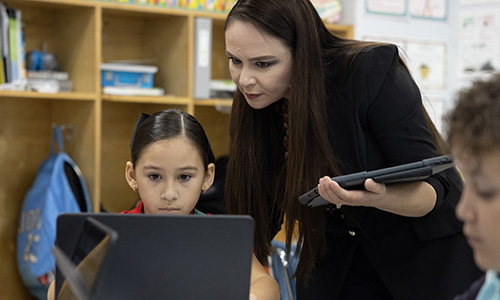Journal article
Positionality in teaching: Implications for advancing social justice
2019

Abstract
Teaching classes concerned with justice and equity led us to understand that we must model justice and equity in all of our work. In order to ask students to be vulnerable in talking about how they have been exposed to, and impacted by, society’s messages about race, gender, and sexual identity, we have a responsibility to first demonstrate that vulnerability ourselves. Thus, our work is more about “being” than “doing.” Modeling honest self-assessment allows us to ask students to be reflective about their relationship to power, privilege, and oppression. A reader hesitating to do this work should remember that analyzing power imbalances, misshapen structures, and hidden assumptions are familiar critical thinking tasks. If talking about our own mistakes, struggles, and fears is central to the curriculum, that lessens the fear of making mistakes in a new endeavor and even normalizes and values these moments. Just as students benefit from a new openness to authentic stories of others, and a deeper understanding of their own stories, so are teachers’ lives enriched thereby.
See MoreThis article was published outside of NWEA. The full text can be found at the link above.
Topics: Equity







